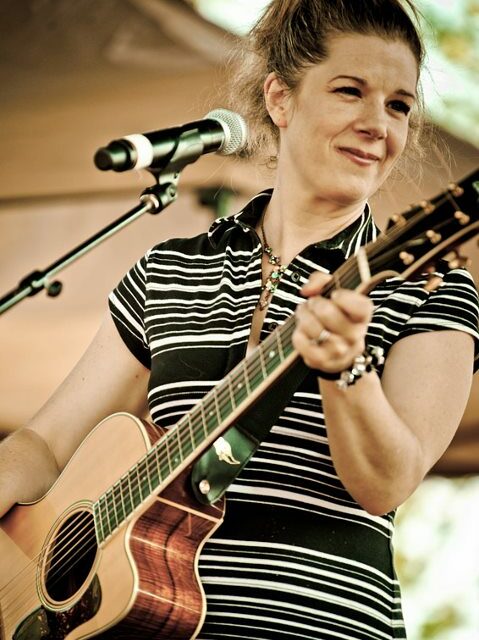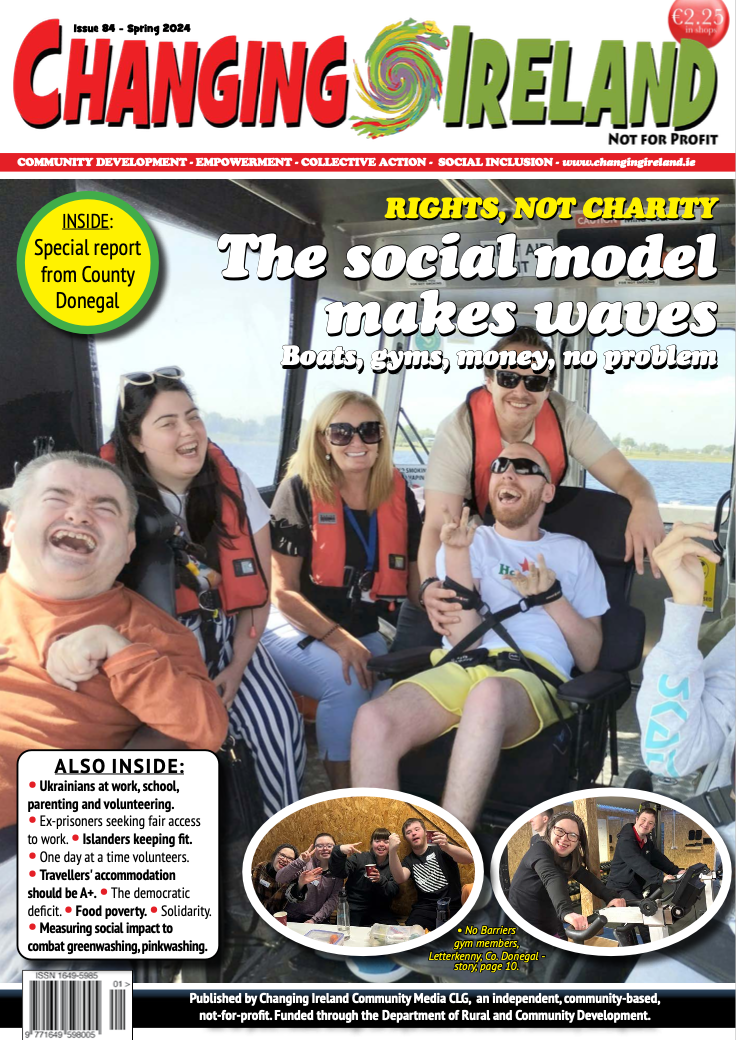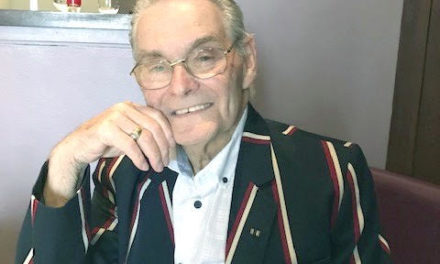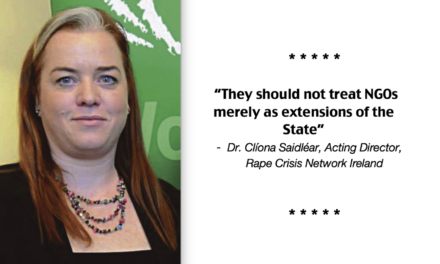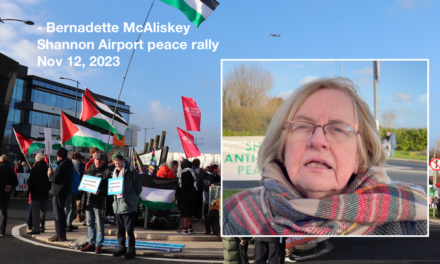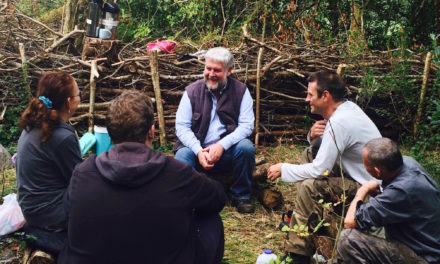In a world designed to keep us busy and distracted perhaps the true work of humanity is building solidarity. Dr Noreen Byrne suggests some antidotes to the forces that suppress the human spirit and prevent us from connecting with others and with our own innate wisdom.
Talking to a student recently, she was discussing her home country and how modernisation, while it has brought material benefits, is crushing the innate wisdom and solidarity of its people. She described how people work long hours, living lonely lives in large cities, residing miles away from their original communities and feeling disconnected from their culture and history.
As I was listening to her recount her sadness for her homeland and people, I realised she was not just talking about her homeland, but also about the very spirit of humanity itself. She was making a plea to save humanity, somehow.
As she talked, I realised all the forces that suppress the human spirit – from state violence to grinding poverty, endless hours of work, addictions, powerlessness, crushing bureaucracy and administration, endless noise, colonialisation in all its forms, and on and on. All these forces prevent us connecting with our own innate wisdom and inhibit us also from connecting with others.
In the days following my meeting with this student, I wondered – if these forces suppress the human spirit, what forces enable its emergence? Crisis seems to be one such mechanism, but what would enable its emergence in everyday ordinary life?
Philosophers Martin Buber, Emmanuel Levinas and Mikhail Bakhtin argue for the importance of being open to one another’s presences without intention, or as our own philosopher the late John Moriarty put it – approach people and nature with an empty head.
Normally, we communicate with each other through the lens of our political views, our interests, our opinions, our class and so on. It is no surprise, that when we communicate like this, with our treasured positions, we remain disconnected.
American folk singer Dar Williams has toured a thousand US towns and she wrote a book on what makes for a thriving town. She said it is not any particular value system, but proximity between people that matters and when they start doing simple things together in their community. At this level differences dissolve and true solidarity develops.
However, we don’t often tap into that commonality, as our world is designed to keep us busy and distracted fighting with each other about this and that. And when we tire of the way things are we are directed towards paying for a retreat, doing a yoga session, going on a holiday, getting counselling or buying ourselves something and so on. Apart from this commodification, this neatly boxed off approach ensures that delving into this space does not disrupt business as usual. We also approach this work as an individual exercise whereas it is really a relational and communal one. Perhaps the true work of humanity is building solidarity.
When a group in another part of the globe wins a battle against the forces that undermine the human spirit, we all win.
Locally, building solidarity is reaching out to people in our communities, all sorts of people, approaching them with an empty head and without any intent of changing them. See what happens and keep on doing that. If we do, it may no longer be business as usual where we are easily distracted and maybe a new world of solidarity among people and between people and nature will start to emerge.
And to my student I say – thank you for allowing me a glimpse into your world and reminding me of all the things I had somehow forgotten.

